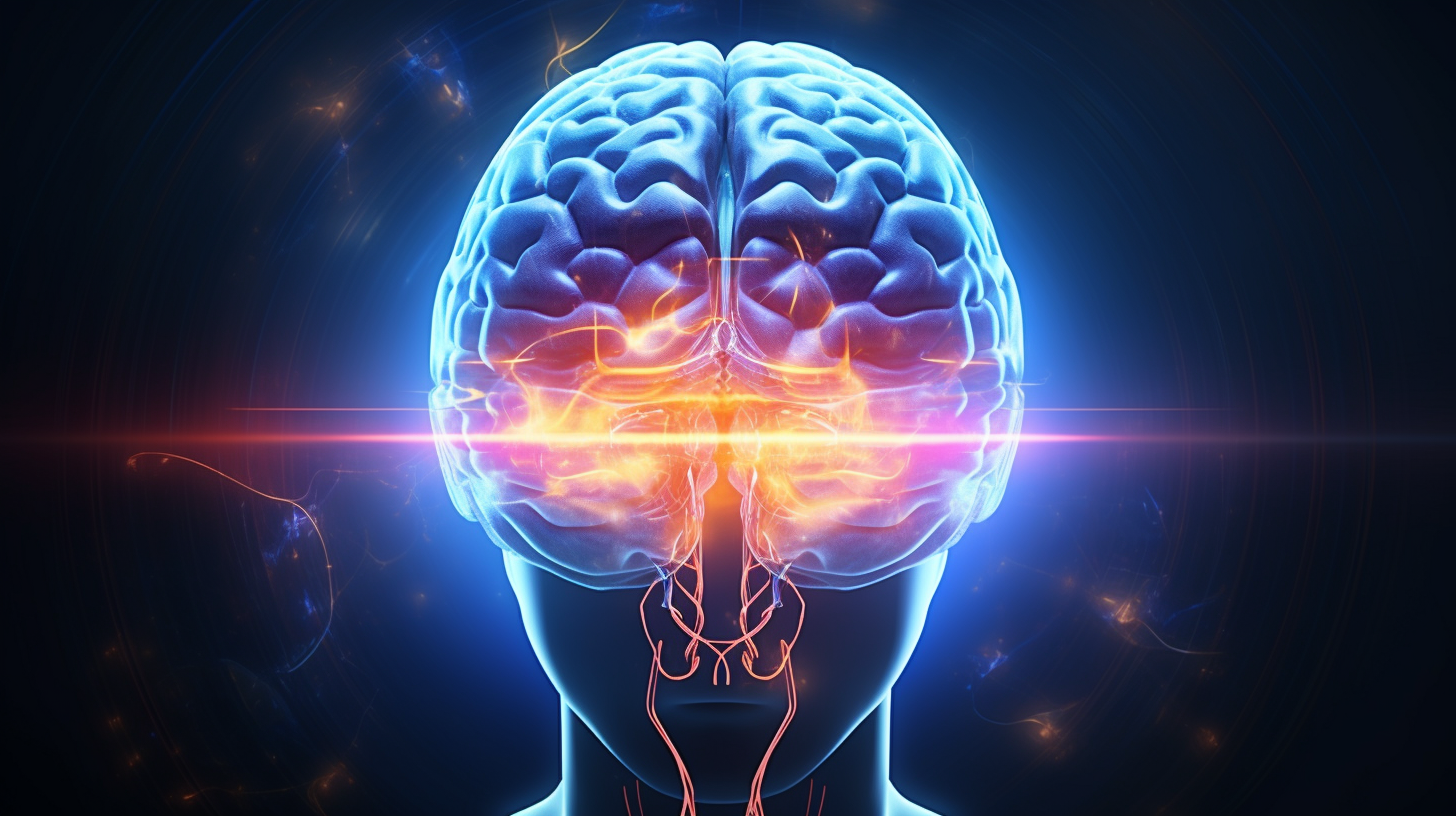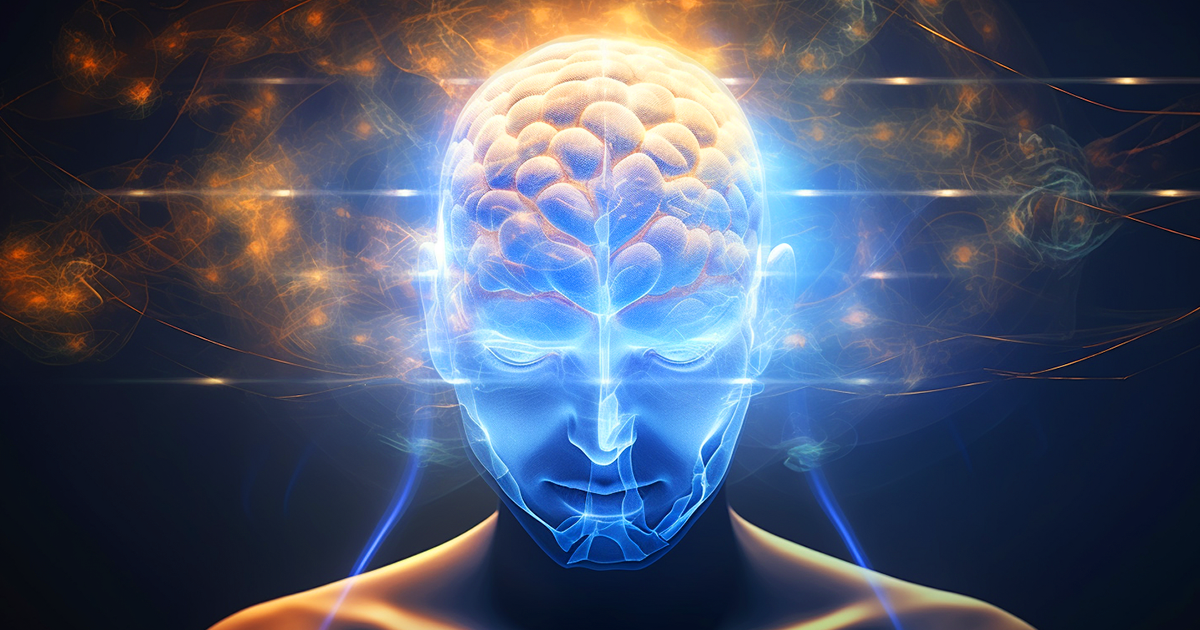Back in March 2018, amidst the vibrancy of Boston, a bold proposition emerged from a biotechnology startup named Nectome, stirring both awe and controversy. Their audacious plan aimed to revolutionize the way we perceive existence – a groundbreaking method intended to transfer the vast reservoir of data housed within the human brain into the digital domain.
Within a world driven by relentless technological innovation, entities such as Nectome are striving to merge the realms of biology and silicon, offering a captivating vision of preserving our very core.
The realm of neuroscience has witnessed remarkable progress in unraveling the intricate network of neural connections within the brain. The possibility of comprehensively mapping out these connections draws closer day by day.
One looming query dominates the horizon: is it plausible to transfer an entire human brain into the digital realm? The answer, shrouded in mystery, continues to evade us.
The notion of digitizing the human mind and integrating it into a computer has captivated the imaginations of many. Advocates of this concept suggest that it could potentially offer a means to circumvent the ultimate enigma – the inevitability of mortality.
The allure is undeniable: a perpetual existence within the digital domain. But what does this digital eternity entail?
Envision a reality where our consciousness resides within a colossal mainframe computer, our essence materializing through a superhuman mechanical entity. This entity would grant us the ability to perceive the world through its senses, transcending the confines of our physical forms. This, proponents argue, encapsulates the essence of digital eternity. A life free from the vulnerabilities of our biological shells.

Prior to embarking on this odyssey into uncharted territories, we must confront two pivotal quandaries. Firstly, can a digital replica of our consciousness genuinely harbor consciousness?
Secondly, would this digital entity authentically represent us, or merely imitate us? The complexities of consciousness stand as one of the most inscrutable features of the human mind.
Consciousness serves as the defining element that sets us apart from all other species. It’s the flicker of internal contemplation that distinguishes humans from the rest of the animal kingdom.
Is it conceivable to faithfully preserve our memories, relationships, and everything that defines us in the digital realm? The yearning for eternal existence holds a sense of profound romanticism, but can the brain be detached so effortlessly from the rest of our physical selves?
Some contend that the human brain conceals latent capabilities beyond our wildest fantasies. In some aspects, we grasp more about the mysteries of the cosmos than we do about the enigma of the human psyche.
As technology progresses, the uncharted domain of our consciousness beckons, prompting us to ponder the notion of a future where our minds might transcend the confines of our cranial confines.
Within an epoch marked by pioneering biotech startups and an unwavering quest to fathom the human experience, the lingering inquiry persists: Can we genuinely surpass the constraints of our biological makeup and unlock the doorway to digital eternity?
While we continue to delve into the intricacies of our consciousness, the solutions hover just beyond our reach, awaiting discovery within the ever-evolving nexus of science and technology.
Video:
Fascinating horizons beckon, where the boundaries of our existence may extend far beyond the confines of our corporeal forms, offering a glimpse into a future where the potential of the mind remains boundless.
